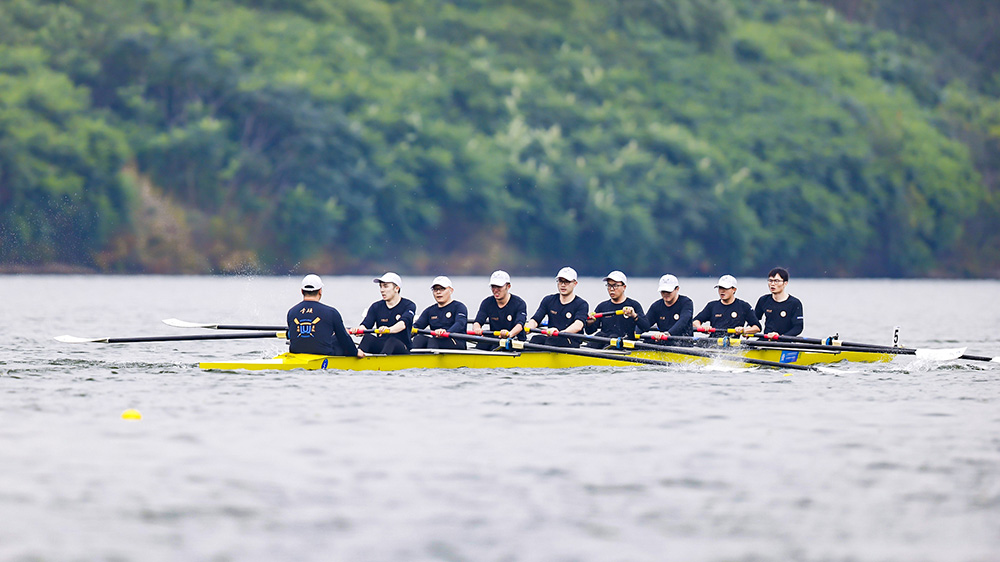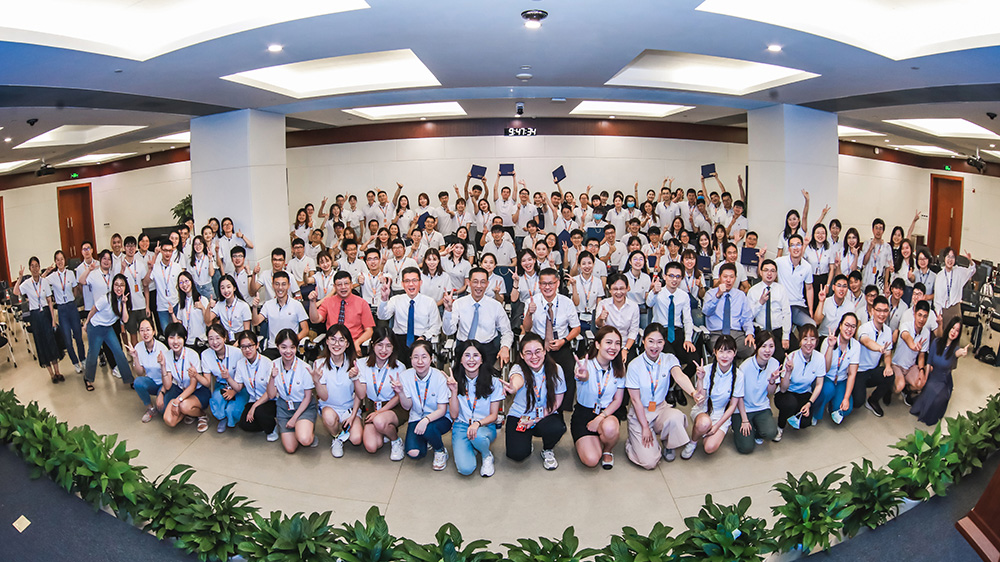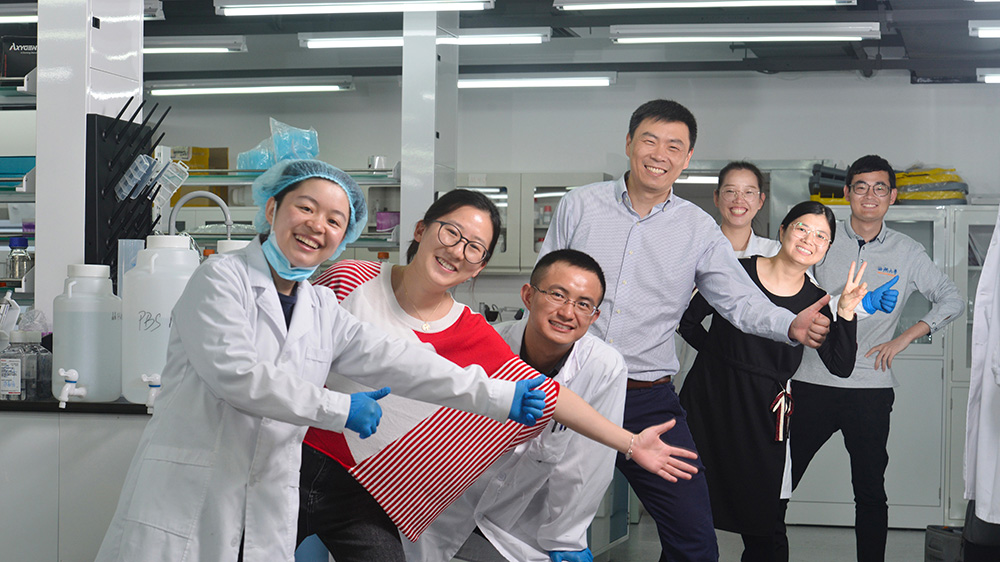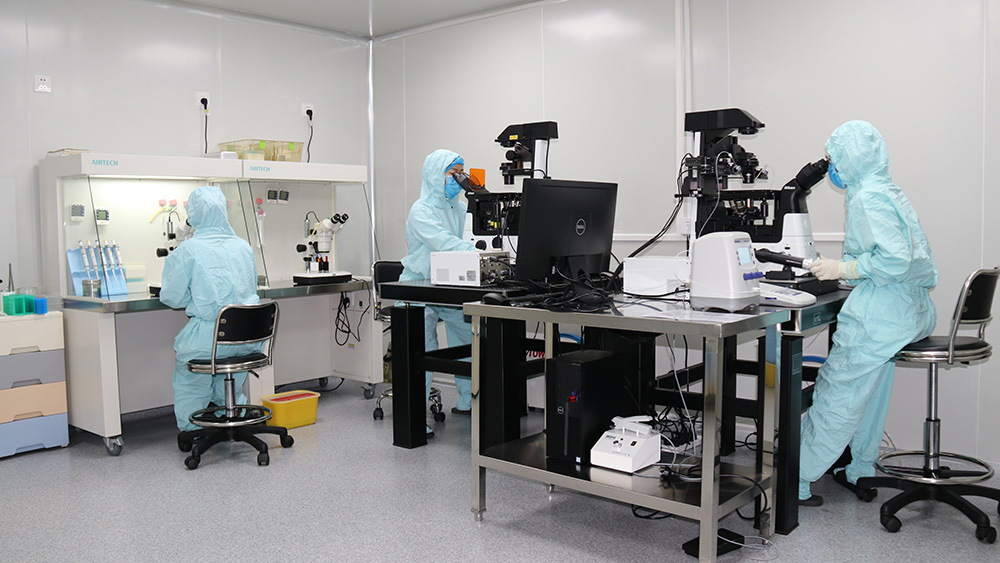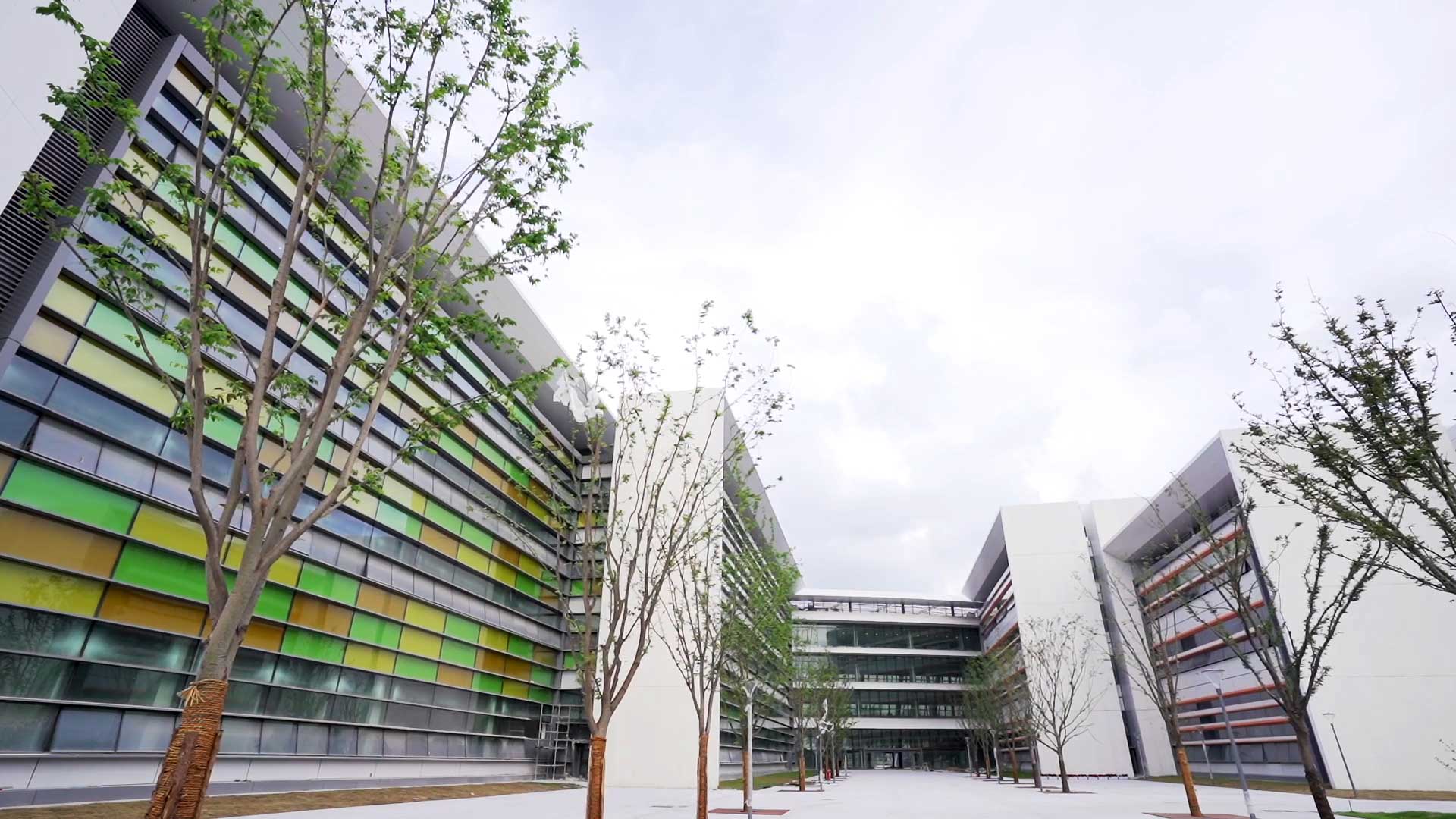
By building world-class research programs and centers, the School of Life Sciences strives to pursue questions fundamental to our understanding of biology and disease, and to develop enabling technologies that advance human health and civilization.
At the School of Life Sciences, we are dedicated to cultivating future leaders in biomedical research through an emphasis on multidisciplinary training in biology, chemistry, medicine, and engineering.
Multidisciplinary research-focused approach
The School of Life Sciences plans to establish research programs in Biophysics and Biochemistry, Cell Biology, Genetics and Developmental Biology, Neurobiology, Immunology and Microbiology, Systems and Synthetic Biology, Chemical Biology, and other related fields.
To facilitate research and training, the School of Life Sciences has established an Advanced Biomedical Technology (ABT) Core Facility and an Animal Resources Center. The ABT Core Facility is equipped with state-of-the-art research technology; including facilities for cryo-electron microscopy, mass spectrometry, flowcytometry, light microscopy, genomics, metabolism, bioinformatics, and high-throughput screening.
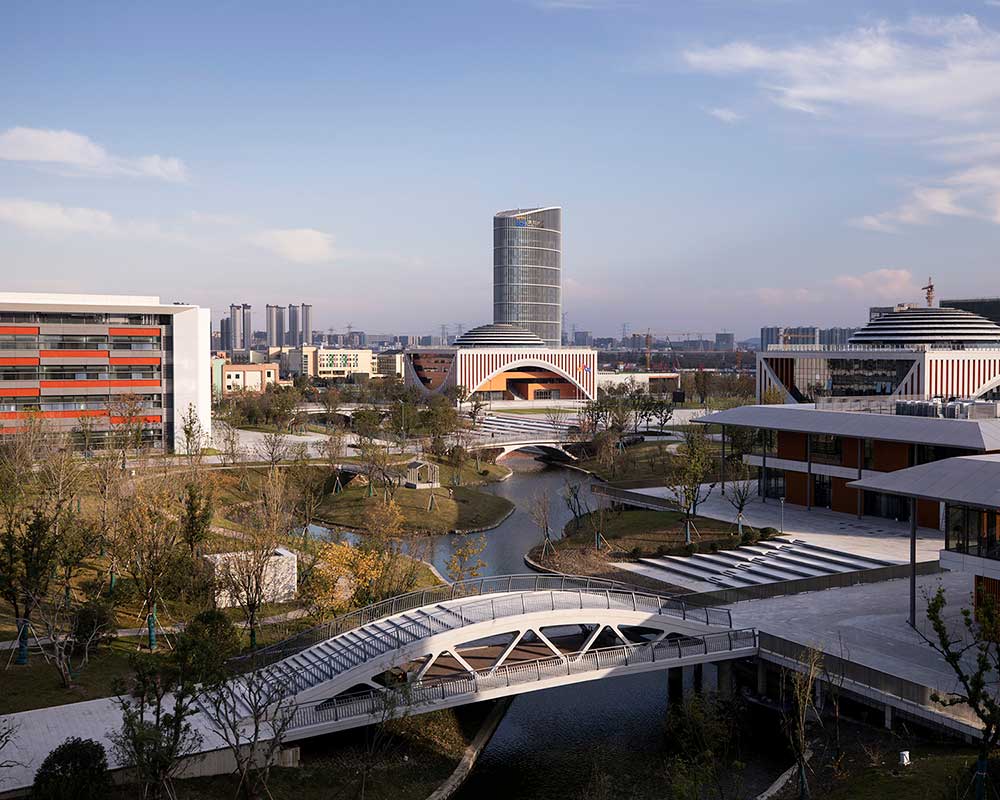
Yungu Campus
Located in the heart of an expanding univewrsity town, between a major technology hub and the ancient ruins and art disctrict of Liangzhu, the 227.3 acres of Yungu Campus sit at the confluence of the old and new.
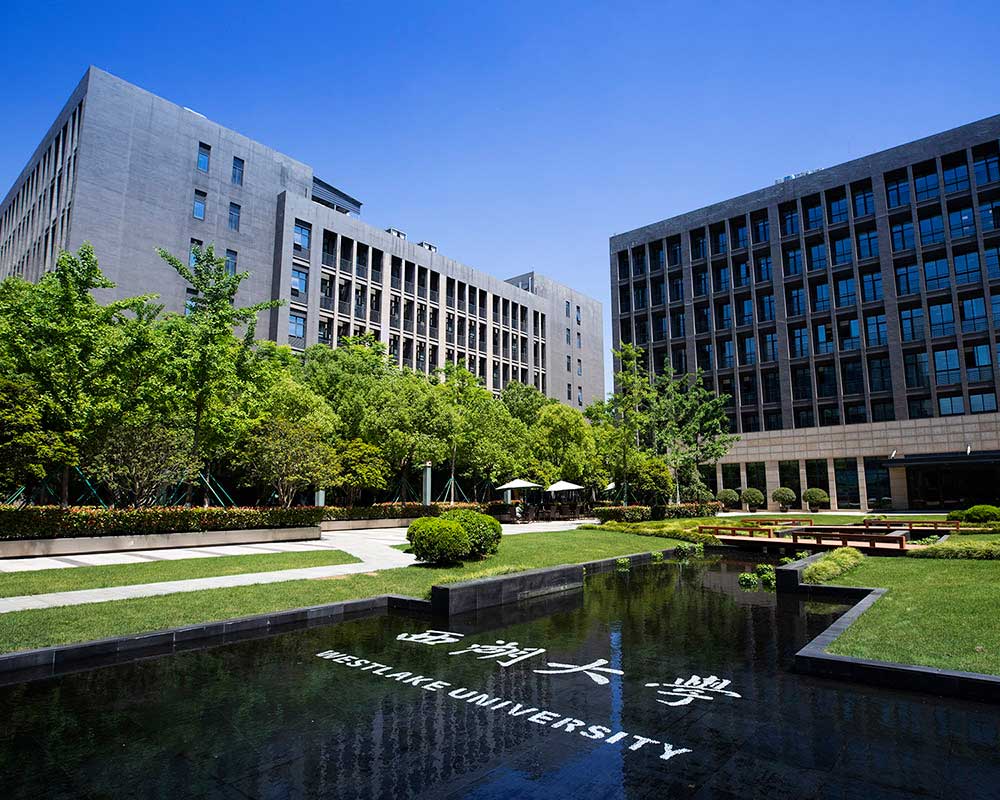
Yunqi Campus
Sitting in Hangzhou's Xihu District, Yunqi Campus was converted from an industrial park, with a land area of 11 acres and a total construction area of 106,053m2.
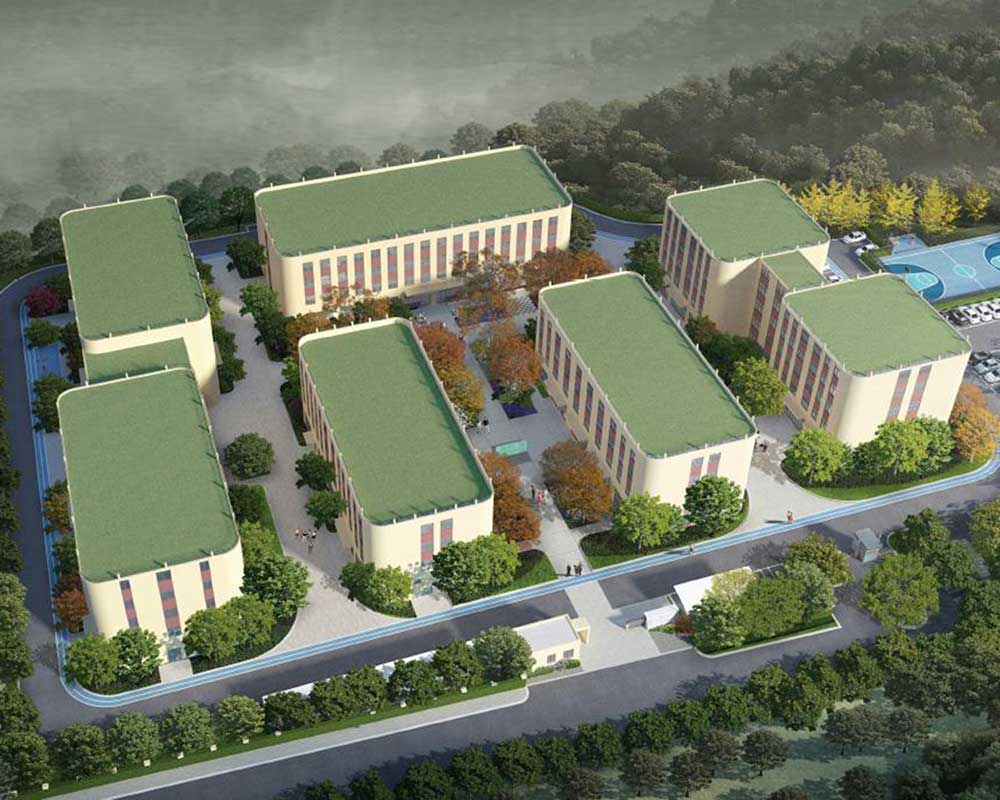
Center for Infectious Disease Research

